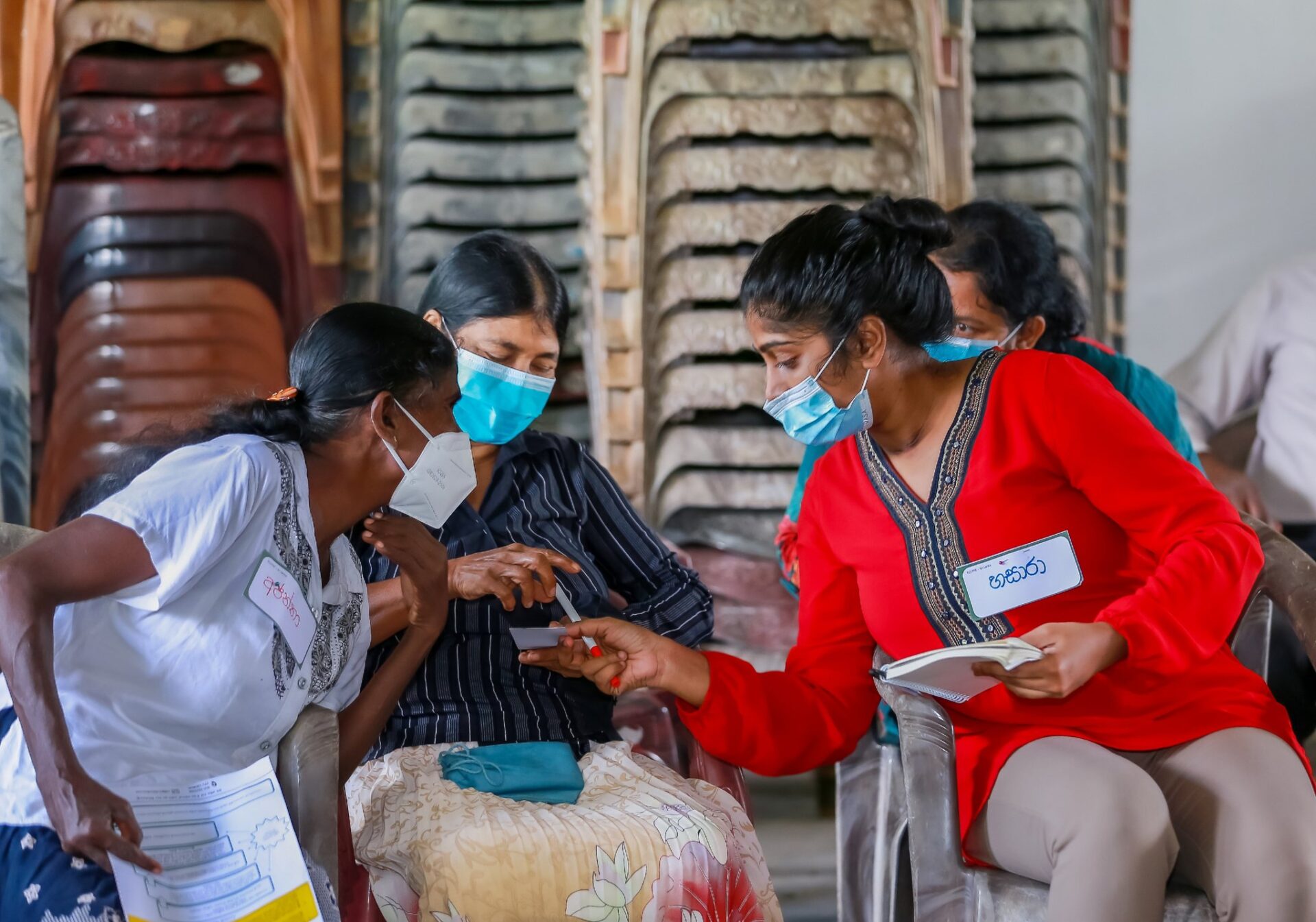A multi-disciplinary research team, co-led by anthropologist Professor Lisa Dikomitis at the Kent and Medway Medical School (UK) and parasitologist Professor Helen Price at Keele’s Institute for Global Health (UK) received a major award of £4.6 million from the National Institute for Health and Care Research (NIHR) to lead a global health programme investigating the social impact of a neglected tropical disease, cutaneous leishmaniasis. ECLIPSE is one of eight projects awarded funding by NIHR RIGHT I to reduce the public health burden of severe stigmatising skin diseases – a £21 million investment in this neglected area.
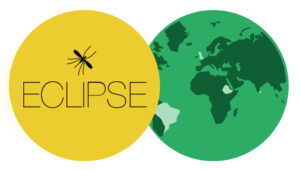
ECLIPSE, Empowering people with Cutaneous Leishmaniasis: Intervention Programme to improve patient journey and reduce Stigma via Community Education, brings together researchers from four different continents and from a wide range of academic disciplines including anthropology, parasitology, primary care, applied health services, psychiatry, psychology, community engagement and public health. More about the ECLIPSE team members via this link.
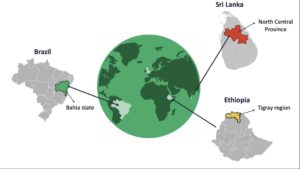
The UK teams at the Kent and Medway Medical School and Keele’s Institute for Global Health are working with teams at the Federal University of Bahia (Brazil) co-led by Professor Leny Trad and Dr Paulo Machado, at Mekelle University (Ethiopia) led by Professor Afework Mulugeta, and at Rajarata University of Sri Lanka, co-led by Professor Suneth Agampodi and Professor Thilini Agampodi.

Professor Lisa Dikomitis, from the Kent and Medway Medical School, said:
“The NIHR-funded ECLIPSE team is conducting ethnographic fieldwork in some of the most marginalised and underserved communities in Brazil, Ethiopia and Sri Lanka. ECLIPSE is underpinned by an anthropological approach and the ECLIPSE researchers will co-develop a biopsychosocial model of cutaneous leishmaniasis with local communities – the first of its kind. On the basis of that new knowledge we will develop, implement and evaluate context-appropriate and culturally bespoke community interventions to raise awareness around the disease, promote early diagnosis and treatment seeking behaviour, decrease social isolation and stigma, empower endemic communities and improve treatment pathways.”
The overall aim of ECLIPSE is to improve the patient journey for people living with cutaneous leishmaniasis and empower communities to deal with the devastating effects of stigma that it causes. The ECLIPSE team are working in Brazil, Ethiopia and Sri Lanka and will contribute towards the World Health Organisation’s ambition of ensuring everyone has access to healthcare.
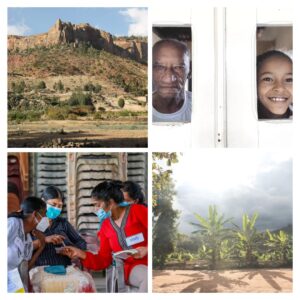
The ECLIPSE research team are using expertise across diverse endemic regions, and will share best practice, identifying common cross-cultural themes and specific contextual challenges. Multidirectional learning between the partners in Brazil, Ethiopia and Sri Lanka will be underpinned by a strong collaborative partnership with the Kent and Medway Medical School and the Institute for Global Health at Keele University.
Community engagement and involvement lies at the heart of the ECLIPSE project and the researchers will work closely with frontline health practitioners and community health volunteers to drive an improved patient journey for cutaneous leishmaniasis. You can read the NIHR’s case study on ECLIPSE here. The ECLIPSE decolonial approach to community engagement and involvement was published in Frontiers of Public Health. You can listen to the second episode of the NIHR global health podcast series on the ECLIPSE approach to community engagement and involvement.
The ECLIPSE website includes newsletters, videos and photo essays.
ECLIPSE is funded by the NIHR using UK aid from the UK Government under the NIHR Research and Innovation for Global Health Transformation (RIGHT) programme.
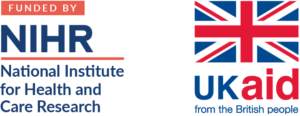
Recent publications by the ECLIPSE team include:
TAFFERE, G.R., ABEBE, H.T., ZERIHUN, Z., MALLEN, C., PRICE, H.P., MULUGETA, A. (2023). Systematic review of community engagement approach in research: describing partnership approaches, challenges and benefits. Journal of Public Health
POLIDANO, K., WENNING, B., RUIZ, A., DAWAISAN, B., PANCHAL, J., GUNASEKARA, S., ABEBE, H., PRICE, H.P., DIKOMITIS, L. (2022). Community-based interventions for the prevention and control of cutaneous leishmaniasis: a systematic review. Social Sciences
NUWANGI, H., WEERAKOON, K.G., AGAMPODI, T.C., PRICE, H.P., DIKOMITIS, L., AGAMPODI, S.B. (2022). Re-writing the history of leishmaniasis in Sri Lanka: an untold story since 1904. PLOS Neglected Tropical Diseases.
WENNING, B., PRICE, H.P., NUWANGI, H., REDA, K., WALTERS, B., EHSANULLAH, R., VIANA, G., ANDRAS, A., DIKOMITIS, L. (2022). Exploring the cultural effects of gender on perceptions of cutaneous leishmaniasis: A systematic literature review. Global Health Research and Policy
POLIDANO, K., PARTON, L., AGAMPODI, S., AGAMPODI, T., HAILESELASSIE, B., LALANI, J., MOTA, S., PRICE, H., RODRIGUES, S., TAFERE, G., TRAD, L., ZERIHUN, Z., DIKOMITIS, L. (2022) Community engagement in cutaneous leishmaniasis research in Brazil, Ethiopia, and Sri Lanka: a decolonial approach for global health, Frontiers in Public Health
